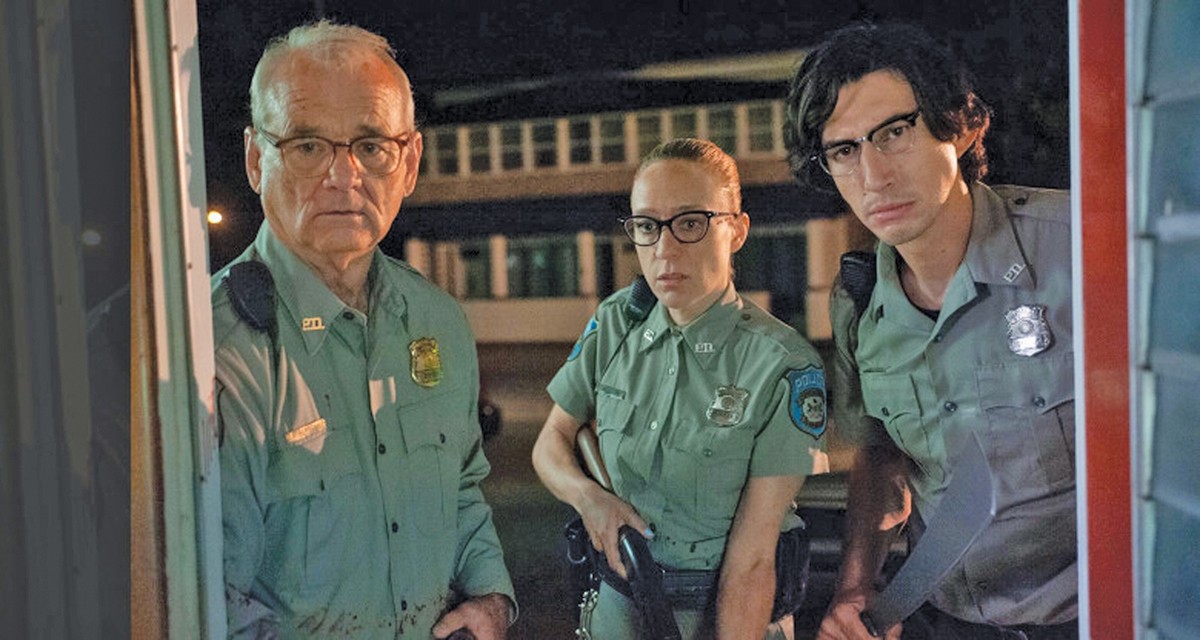If you believe Jim Jarmusch — and he’s certainly earned my trust over the years with great films like Dead Man, Only Lovers Left Alive, Down by Law, etc. — he made a deliberately awkward movie in The Dead Don’t Die. A movie with “crude acting … cheap special effects … and … a deliberate awkwardness in its style,” he tells Hillary Weston of the Criterion Channel blog. That awkwardness, he says, “becomes an asset because it underscores the awkwardness of the situation within the movie,” a movie he considers both an homage to and an extension of George Romero’s Night of the Living Dead. It’s a good interview, and worth your time, especially if you hated The Dead Don’t Die, as I did. The interview reminds us all that a filmmaker’s vision, however well-articulated, sometimes mismatches drastically with the final product, so much so, maybe, that even the director thinks he made exactly the movie he wanted to make.
Is The Dead Don’t Die awkward? Yes. Is the acting crude? Sort of (sometimes it’s not really acting at all; it’s just Steve Buscemi saying lines wasted on his range and talent). Is it cheaply made? Sure. Was Night of the Living Dead all of those things, too, minus Steven Buscemi? I guess. But there’s more to a horror film than its limitations; the best horror films transcend their limitations and touch the sublime.
The Dead Don’t Die does not touch the sublime, not in the slightest, though, to be fair, it seems Jarmusch isn’t really reaching for it. In fact, he seems to suggest he’s simply following in Romero’s footsteps in the interview linked above. “Romero certainly used the zombie metaphor,” he says, “but I think he was probably less aware of the social consciousness woven into Night of the Living Dead than you might think from seeing it.” I’m skeptical of that, given the ending of Romero’s classic film, in a which a black hero who has survived the night is gunned down by callous white crackers. After all, only six months prior to the film’s release, Martin Luther King, Jr. had been assassinated in Memphis. I don’t know, maybe Jimbo is a fan of Romero, as he says, but whereas The Dead Don’t Die suggests we’d all be better off decapitated, Night of the Living Dead, in its final moments, reminds us not of what we deserve, but of everything we’ve lost. It’s the difference, to co-opt Mark Twain, between the lightning bug and the lightning.
Adding insult to injury here is a lazy script full of cynicism and condescension, contemptuous of its audience. When the fourth walls break or the jokes deliberately don’t land, or the voice-over metaphors explain to you, the cinema-lover, how stupid you are for having a Nintendo, it’s easy to forget that movies are magic. That stories are (or should be) about us.
In the end, the movie a director makes tells one truth or another, any way you slice it. Here, too, the dead don’t lie: Jim Jarmusch may like the movie he’s made, but he doesn’t much care for you or me. He’d drive right by the hardware store on a road to nowhere.

